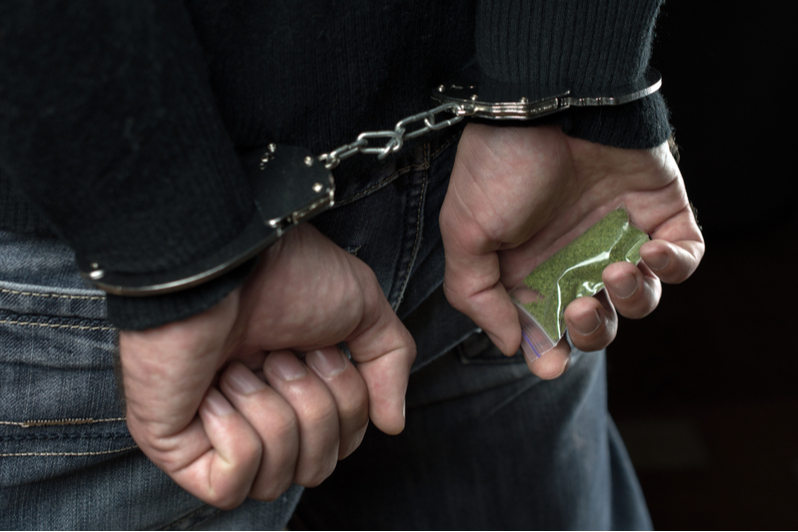

In August 2018, two people went to visit an associate at the Louisiana State Penitentiary at Angola and were arrested. According to the Louisiana Department of Corrections, the two visitors were planning to do more than simply visit an inmate. They were also hoping to provide the inmate with drugs, the DOC noted.
The case highlights the risk of attempting to bring any kind of contraband into a correctional facility in Louisiana. Around the time of these arrests, all but two of Louisiana’s state prisons had body scanners used to prevent drugs or anything else on the prohibited list from being smuggled inside the facility.
If you’re facing charges of attempting to smuggle contraband into a correctional facility, you still have the right to a legal defense, which is why it’s important to secure the services of an experienced criminal defense attorney right away.
What Were the Two Visitors Trying to Smuggle Into the Prison?
The Louisiana Department of Corrections reported that a 21-year-old woman passed through Angola prison’s body scanner in August 2018, and it instantly detected an object hidden on her. The woman agreed to a search, and corrections officers found she had marijuana, heroin, cocaine, and Suboxone on her person.
The second person to get arrested was a 24-year-old woman, who left the building after she saw the body scanner. Corrections officers then searched her car and found marijuana, heroin, methamphetamine, Oxycodone, Suboxone and Xanax. Both women were booked in the local jail on drug charges.
The DOC also noted that it’s planning to install even more body scanners at state prisons, this time in an effort to ensure that prison guards are not attempting to smuggle any contraband into the facilities where they work. That move was prompted after two inmates died of drug overdoses.
How Does Louisiana Define Contraband?
Contraband can mean different things in Louisiana, much more than just drugs and other illegal substances. It could also include a dangerous weapon like a knife, money, cell phones, or anything that could be used as a tool to help an inmate escape.
In essence, contraband is anything that prison officials prohibit from coming into prison. But as the two arrests at Angola demonstrate, even though people know the law and are advised about contraband before they’re allowed to sign up to visit an inmate, some still choose to take the risk anyway and often get caught. As long as whatever they attempt to bring is prohibited at the prison, it’s contraband. All contraband goods found by corrections officers at the prison will be seized, and those caught in possession of the contraband will have to face the law and its consequences.
In Louisiana, the penalties for hoarding contraband can be harsh. Being convicted of violating state laws on contraband means fines that can range from $500 to thousands of dollars, and a jail term of up to ten years. State law on contraband in prison is very strict because it’s considered a serious offense. It’s important to understand that, while most people think of contraband as drugs, there are other items that fall into this category as well:
- Medications prescribed by a physician not intended for use by anyone else
- A weapon
- Cash
- Anything that’s explosive
- Stolen goods
- A cell phone or other communication tool
Some state prison visitors make the mistake of assuming they can hide the contraband on themselves and it will go undetected during a pat-down search or when they go through the scanner. As the two women visiting Angola found out, these machines were created to detect even very small objects.
If you do get charged with this offense, it’s important to take your case seriously and reach out to an experienced criminal defense attorney as quickly as possible. Your attorney can help guide you through the complex court process.
Get an Experienced Drug Defense Attorney On Your Side
Drug charges can have a highly detrimental impact on your daily life and your future. Being charged with a drug crime, such as sneaking in contraband to prison, makes it difficult to obtain your driver’s license, employment, public housing, college, and many other lifestyle necessities.
If you’ve been charged with a drug crime, you need a trustworthy and experienced attorney on your side. In Louisiana, The John D. & Eric G. Johnson Law Firm has focused on defending drug charges for decades. Attorney Eric G. Johnson has more than 25 years of experience protecting the rights of the criminally accused across Louisiana. He is a member of the Louisiana Association of Criminal Defense Lawyers and the National Association of Criminal Defense Lawyers. To schedule a free consultation, call 318-377-1555 or contact us online.
